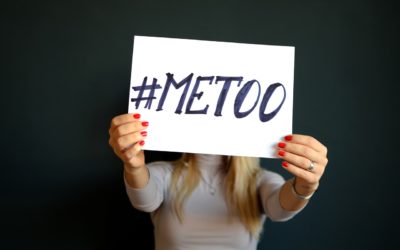As a result of my last post, I have been asked to try to cover the things that directors should understand when they are sitting at the Board table. I’ll kick that off with this post, and see where it goes!
Where does a Board of Directors gets its powers from? I’ll try not to bore you before we get to the answer. The foundation of a strong, civil society can be argued to be its laws. If we want a society where things are orderly and civilized, all citizens must agree to abide by the laws of the land. At some point in our history, a group of citizens got together and agreed that ultimate power for decision- and law-making should lie with a national government. As that government sees fit, it can delegate some of its powers to other bodies. In Canada, our federal government has delegated powers to provincial governments, local and regional governments, elected First Nations governments and others. In the case of community interests, governmental powers have been delegated, through the process of incorporation, to charities, societies, foundations and associations. That is where board power comes into being.
Your Nonprofit’s Board Power
Your nonprofit’s Board of Directors has been delegated the power to oversee the operations of your nonprofit by the powers vested in it by its Constitution and Bylaws (or in a federally-incorporated nonprofit, by Letters Patent.) The Constitution and Bylaws are an agreement struck between your organization and the government. The Board of Directors is the custodian of the operations that are carried out under the name of your nonprofit.
Under the power-sharing agreement between the government and your nonprofit, there are conditions that must be met in order for your nonprofit to operate. You are probably aware of the requirement to file annual reports, to provide your members with governance and finanical documents when requested and other conditions that must be complied with in order for your organization to remain in good standing. The power to make decisions affecting the overall health of your nonprofit has been delegated to the Board of Directors by its bylaws. So it is the Board that must ensure that all of these compliance items are taken care of.
So You’re a Director
Most nonprofits elect directors to the board at an annual meeting (or fill vacancies during the year by a resolution of the Board.) While being asked to sit on a board may seem like quite the honour, it carries a fairly heavy burden if a potential director is not aware of what their role and responsibilities actually are. And the burden grows if/when the organization’s governance and oversight policies are not clearly-defined and up-to-date. It’s nice to know what you’re getting into. I have discussed this topic in an earlier post.
So that is where Board Power comes from. In a future post, I will pick up from this point to discuss the roles and responsibilities of a director. While there are some differences between organizations, there are many more similarities so the information will probably apply to your organization.


